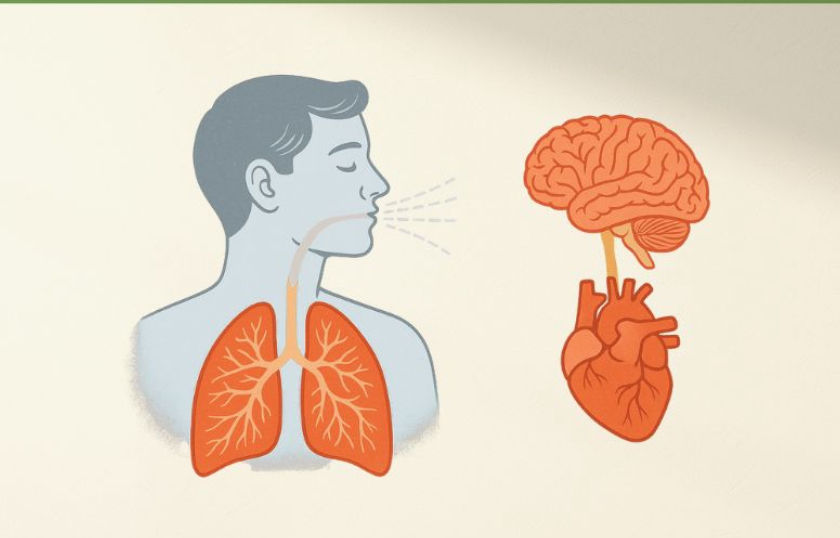Beyond Pills: Decoding the Root Causes of Your Sleep Struggles
- maikaprevosti
- Nov 16, 2025
- 3 min read
Welcome to the world of better sleep! As a health coach and educator, I deeply understand the importance of restful nights and what they mean for our overall well-being. Sleep disturbances, including insomnia and interrupted sleep, are more than just symptoms; they serve as indicators, signalling us to pay attention to aspects of our lives that may need nurturing and exploration.

Sleep as a Reflection of Our Lives
Sleep disorders are often dismissed as mere inconveniences, but they are, in fact, powerful messages from our bodies. When we experience issues like difficulty falling asleep or waking up frequently, it prompts us to look inward. What might be out of balance in our lives that’s impacting our ability to rest?
Embracing the Journey to Better Sleep
This article aims to bring clarity, encouraging introspection and curiosity about our sleep habits. It’s essential to embrace the imbalances we encounter with an open heart and mind. These moments of discomfort are often the stepping stones toward growth, self-awareness, and a profound sense of purpose. Once we identify the root causes of our sleep disturbances, we become empowered to find effective solutions.
Common Underlying Causes of Sleep Disturbances
1. Breathing Patterns
Let's start with the most vital of all functions: breathing. Dysfunctional breathing patterns can lead to a host of sleep-related issues, including interrupted sleep and snoring. Exploring breathwork can correct these patterns, leading to better sleep quality and overall well-being.
2. Nutrition Matters
What we eat, how we eat, and when we eat can all have a significant impact on our sleep quality. Nutritional choices that don’t align with our body’s needs can lead to problems such as indigestion, constipation, and heartburn—all of which can disrupt our rest. To foster better sleep, consider making mindful nutritional choices that adapt to your age, health conditions, preferences, and cultural background.
3. The Role of Movement
Physical activity is essential, yet the type and timing of our exercise can impact our sleep health. Insufficient movement might leave us with insufficient tiredness at bedtime, while exercising too late in the day for some can hinder the body's transition into rest. Finding joy in exercise is crucial; choose activities you love to create a positive association with movement.

Join my breathwork sessions by clicking here
4. The Impact of Alcohol
Alcohol may seem like a comforting end-of-day ritual, but it can be a double-edged sword. While it may help some fall asleep initially, the quality of rest can suffer. Many find themselves waking around 4 or 5 AM, struggling to return to sleep as the body processes the alcohol and its effects. Alcohol also affects hunger hormones feeling hungry when not to and not easlily satisfied.
5. Lifestyle Management
In our hustle-driven society, overworking, neglecting rest, and failing to prioritise downtime can contribute to sleep issues. Striking a healthy work-life balance and making time for self-care are vital to nurturing our bodies and minds.
6. Mental Health
Emotional turmoil and unprocessed feelings can disrupt sleep. A holistic approach to mental health, encompassing emotional processing and self-compassion, can transform our relationship with sleep.
7. Medical Conditions and Medications
Certain medical conditions or medications can interfere with our ability to sleep. It’s crucial to consult with a healthcare professional about any underlying health issues or medication adjustments necessary for better sleep. The hormonal fluctuations of perimenopause and post-menopause invariably affect sleep quality and must be managed with a tailored approach for every woman.
Journey to Restorative Sleep
Understanding and addressing the root causes of sleep disturbances is essential for achieving restorative sleep. If this resonates with you, I invite you to explore the workshops and consultations I offer, both online and face-to-face, focusing on breathwork and lifestyle interventions tailored to your specific needs. Together, we can embark on a journey toward restorative sleep and overall wellness.
Here's to better sleep and a healthier, happier you!




Comments